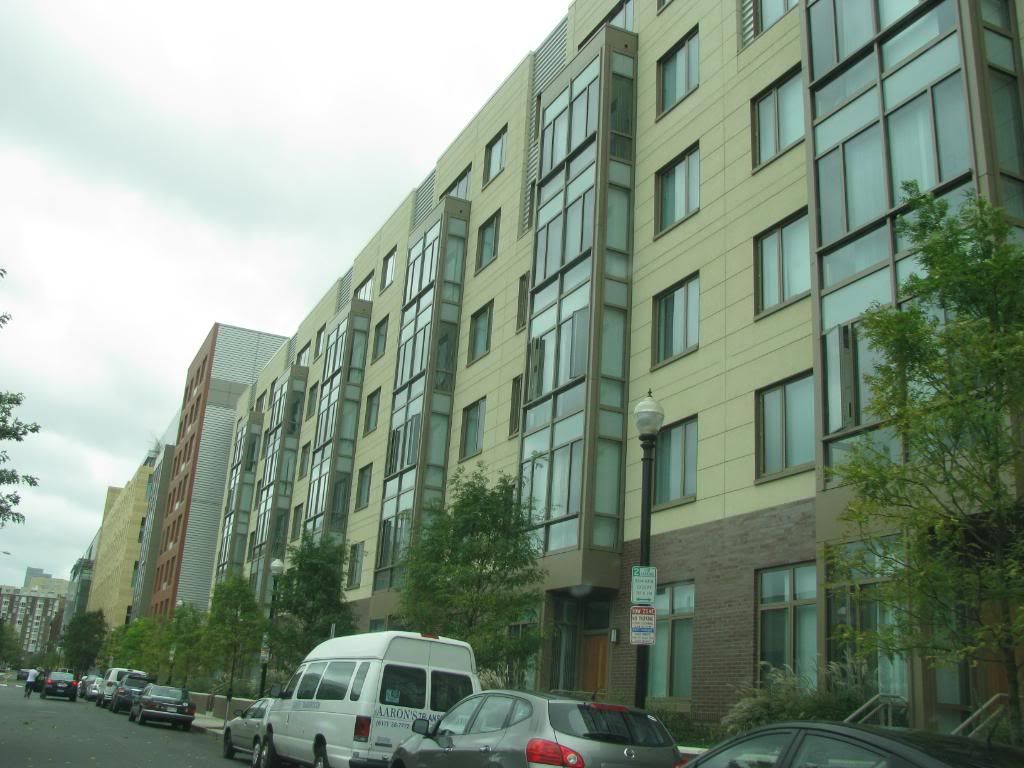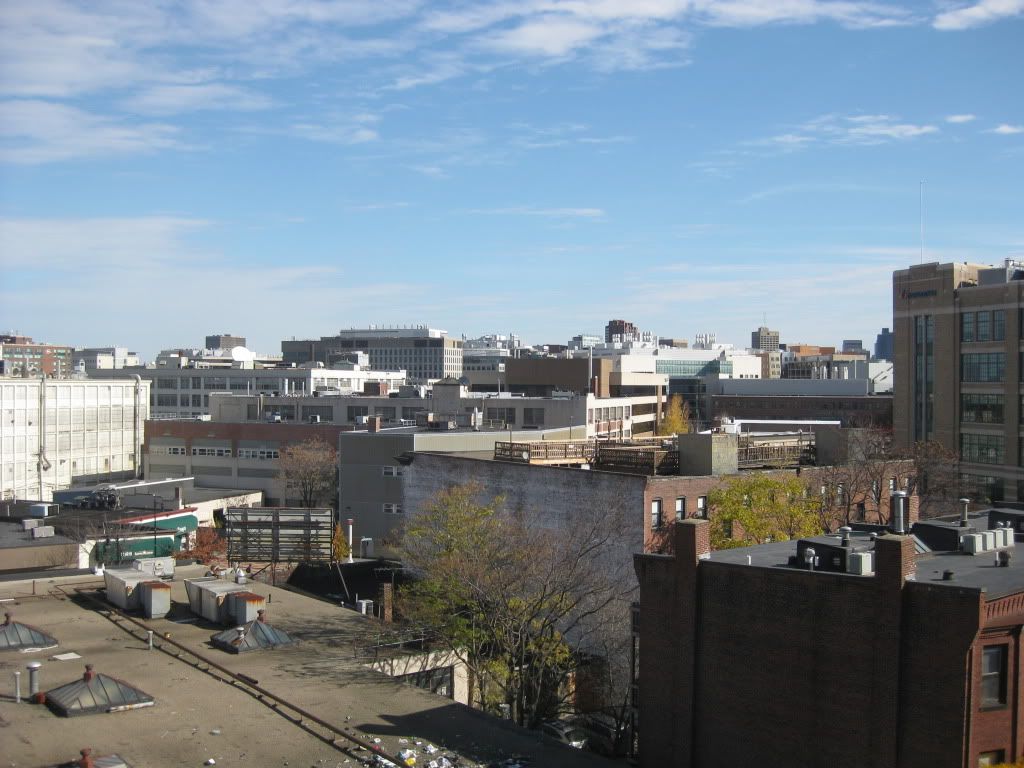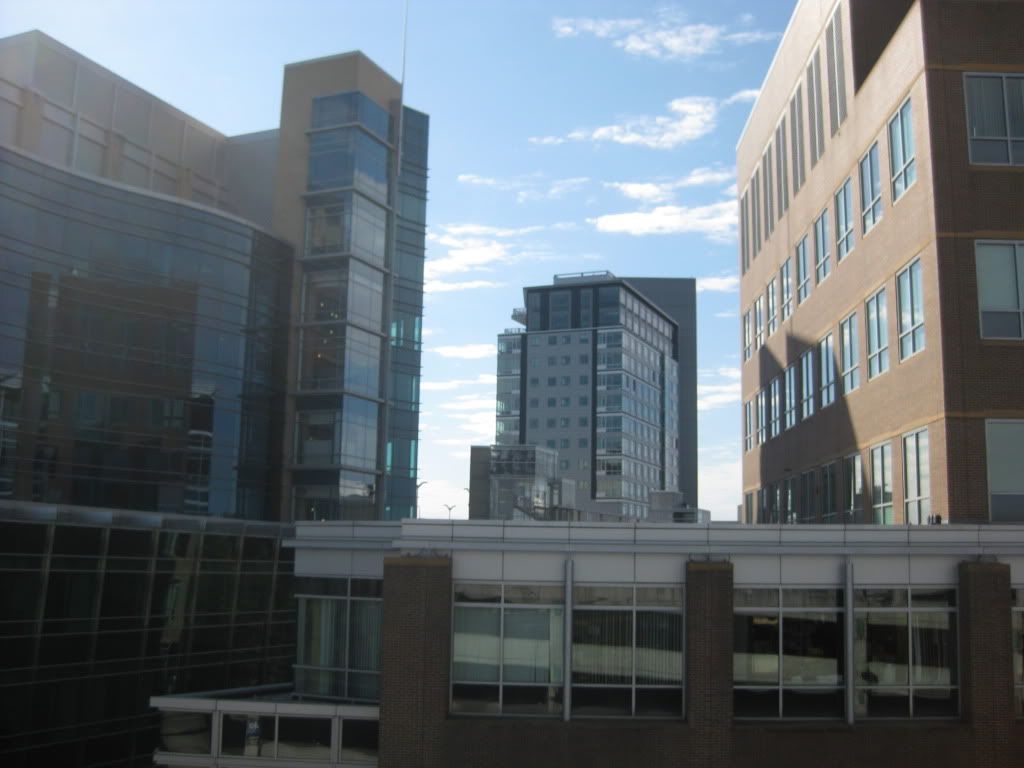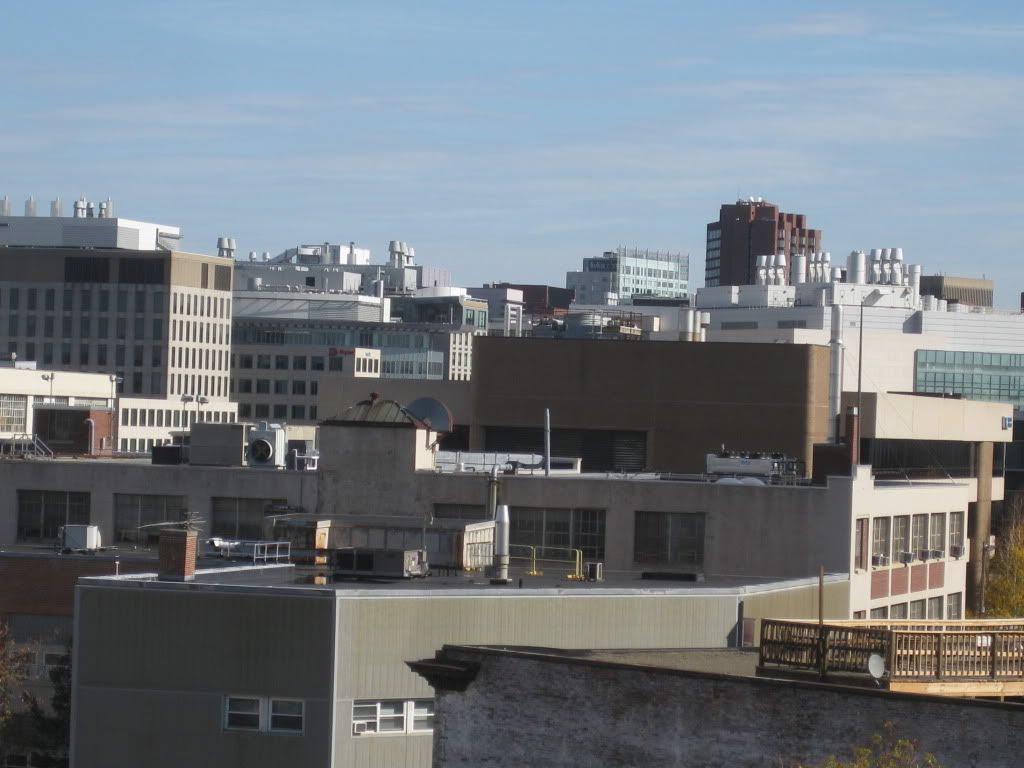Cambridge rescinds ordinance regulating signs on tall buildings
By David Abel
Globe Staff / November 3, 2010
A new sign ordinance that some say could have dramatically altered the Cambridge skyline was rescinded this week by the City Council, little more than a month after councilors approved the zoning changes.
City officials and business leaders who supported the law said it simplified a complex zoning process by establishing firm guidelines for commercial signs that are more than 20 feet off the ground. Critics argued that the law would have sullied the skyline by allowing companies to attach more lighted signs to their buildings.
?The reason we opposed it was because we see the parklands and the Charles as a big part of Cambridge,?? said Renata von Tscharner, founder and president of the Charles River Conservancy. ?It would have a visual impact on the city and affect the aesthetics if you?re facing brand names on buildings. It would make it seem more commercial.??
The law, passed 6 to 3 by city councilors in September, was rescinded on Monday by an 8-to-1 vote after Terry Ragon, chief executive officer of InterSystems Corp. created a group called Save Our Skyline and led a petition campaign to reverse the council?s decision. In place of the law, councilors asked the city manager to create a task force to examine the issue.
Ragon opposed the law after Microsoft Corp., which shares One Memorial Drive with InterSystems, proposed putting a Microsoft sign on the building.
Supporters say the law would have improved a system in which companies that want to install signs on tall buildings had to apply for a zoning variance and prove they would suffer hardship without signs. They argued that it established a more deliberative permitting process.
The law stipulated that signs could not exceed 90 square feet on buildings more than 100 feet tall and banned billboards, neon, and retail signs.
?It was worthwhile to make these modest changes to the law,?? said Terrence Smith, director of government affairs at the Cambridge Chamber of Commerce. ?It?s not a bad thing to know who?s in a building. It would have also helped identify Cambridge as a center of technology and innovation, and that these are not anonymous buildings with anonymous companies.??
Councilor Leland Cheung, who had supported the law, said he voted against it this time because too many people did not understand its purpose.
He said Ragon issued so much misinformation about the law that supporting it became untenable. Ragon did not return calls seeking comment.
?We did what we did because of what we thought was in the best interests of the city, but in the end, what was in the best interests of the city was rescinding the law and trying to walk people through it to understand it,?? he said.
Link


















